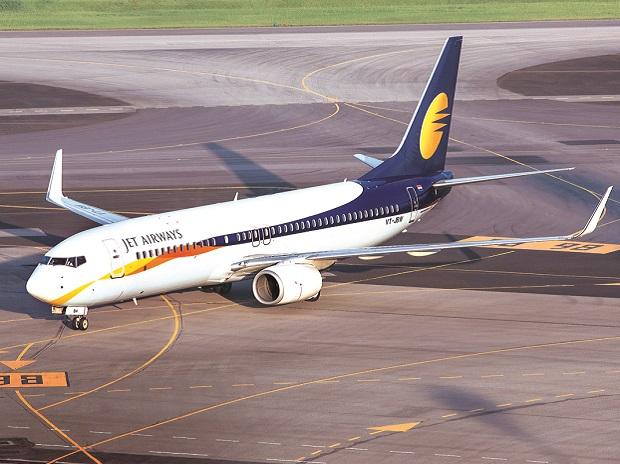It has been a roller-coaster ride for
Snapdeal, the Gurugram-based online marketplace. From a valuation of $6.5 billion to backing by global investors and employing 10,000 at its peak, the Kunal Bahl and Rohit Bansal-led entity has seen it all.
However, the company founders claim to be finally getting its groove back. Thanks to the plan they’d put in place last year, when talks for a sale to Flipkart fell flat.
The company’s effort to reshape its business model, dubbed ‘Snapdeal 2.0’, is seen to have helped, sources said. In a turnaround of sorts, it has grown its order volume four-fold in the past 10-12 months, from a low of 35,000 daily orders in August last year to now shipping 150,000-175,000 a day.
According to a blog written by Kunal Bahl, from near-death to generating cash, it took a lot of courage, focus and discipline to turn the ship around sharply. “And, we achieved all this with a nimble 800-plus member team —in a flat, agile structure, responding in real time to external and internal needs. Healthy, rejuvenated and in control of its own destiny, Snapdeal is now sailing ahead towards brighter horizons. And, we also just moved into our brand-new, open-plan office, which means no cabins for anyone.”















































